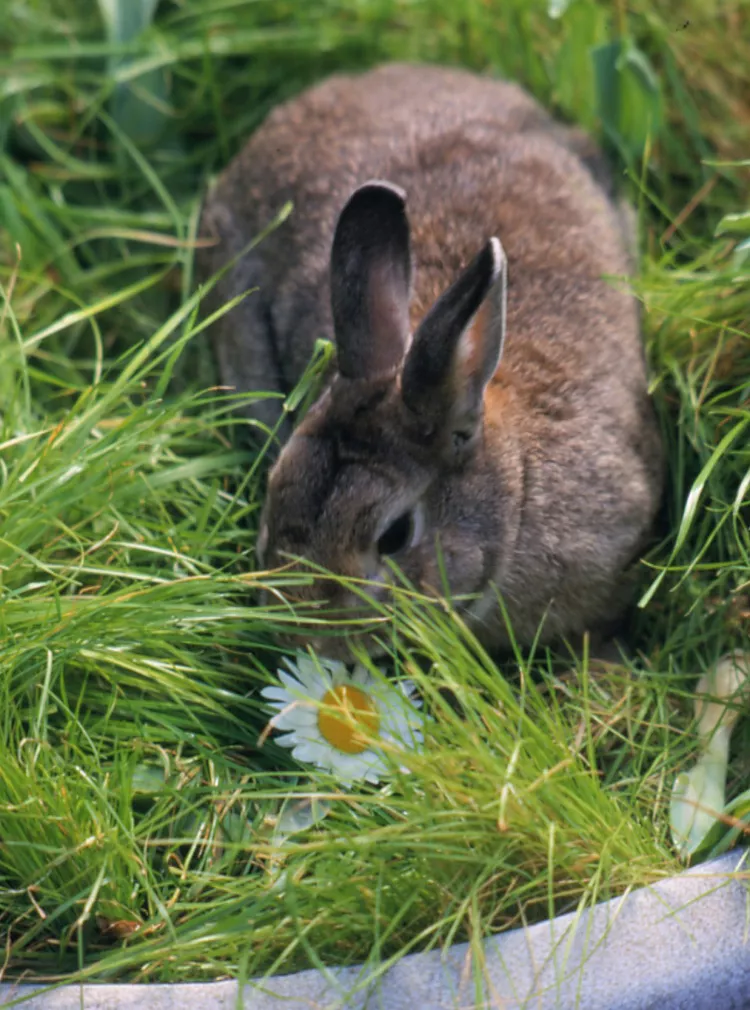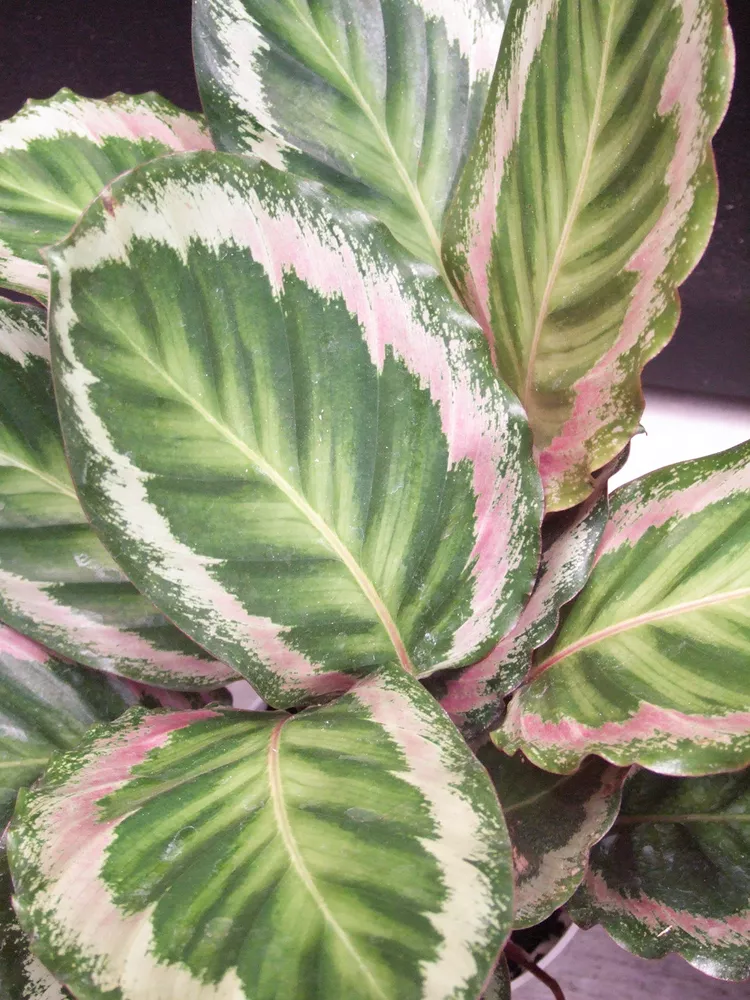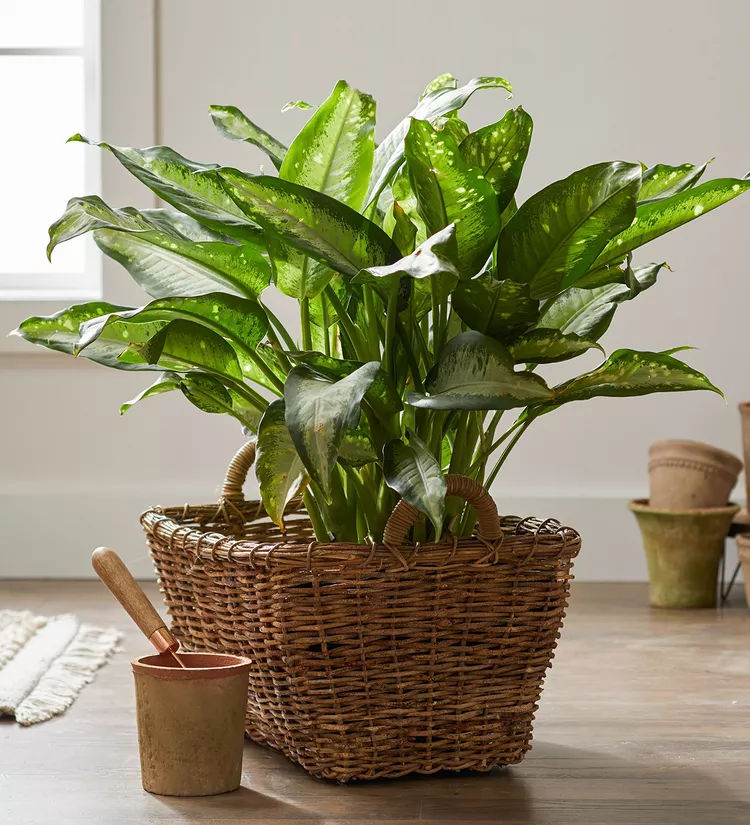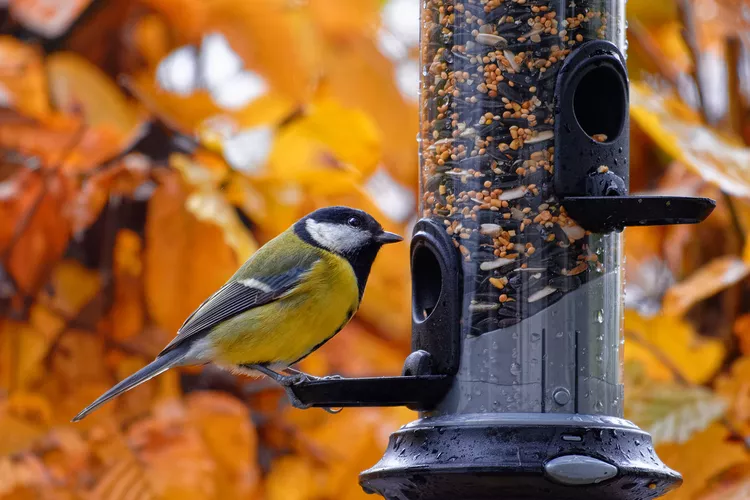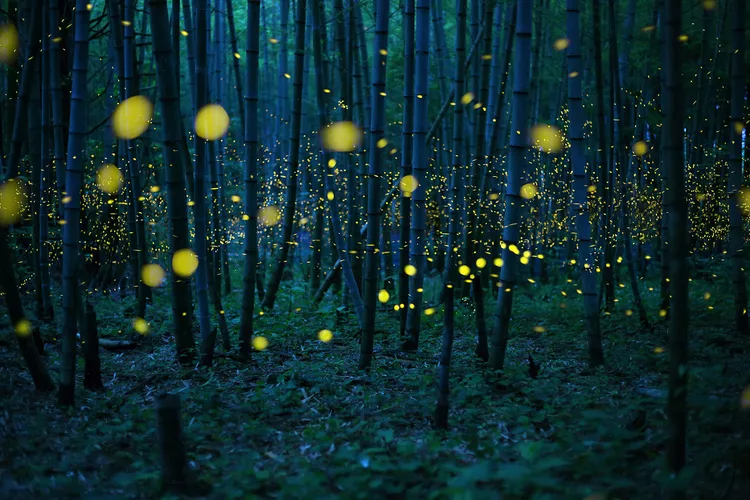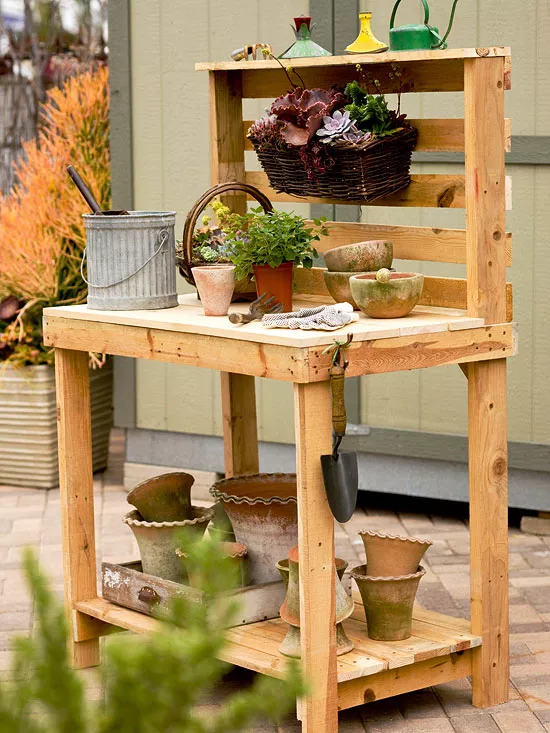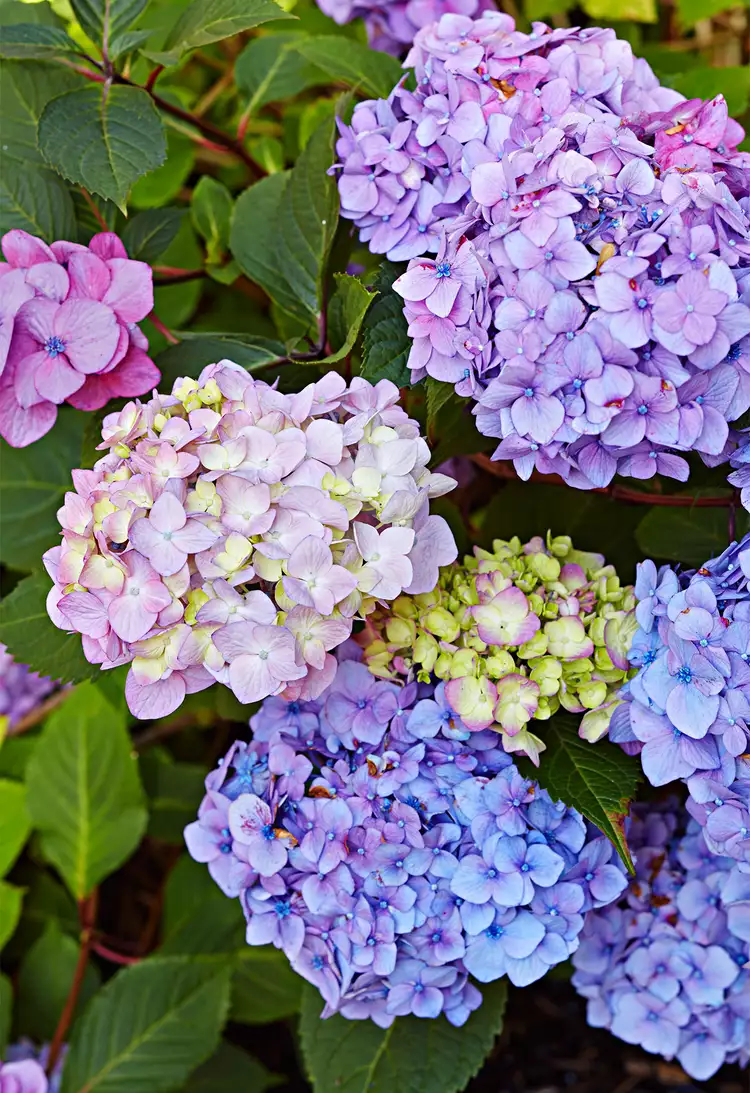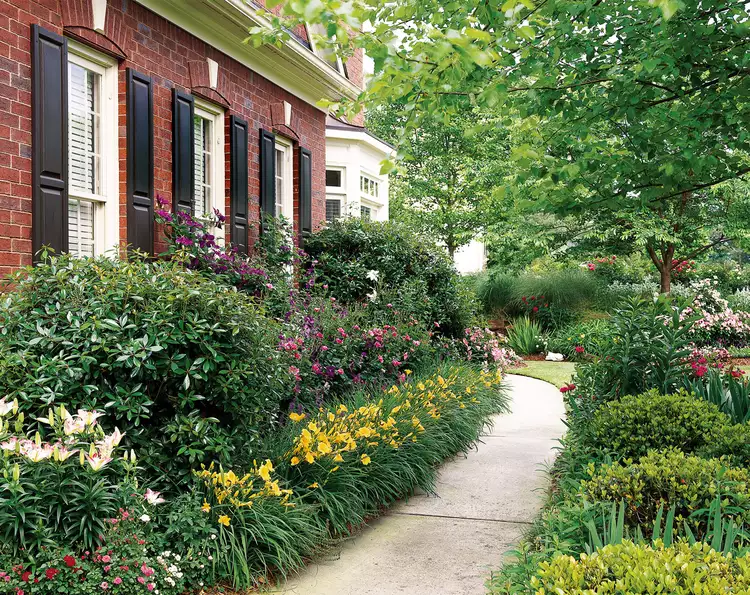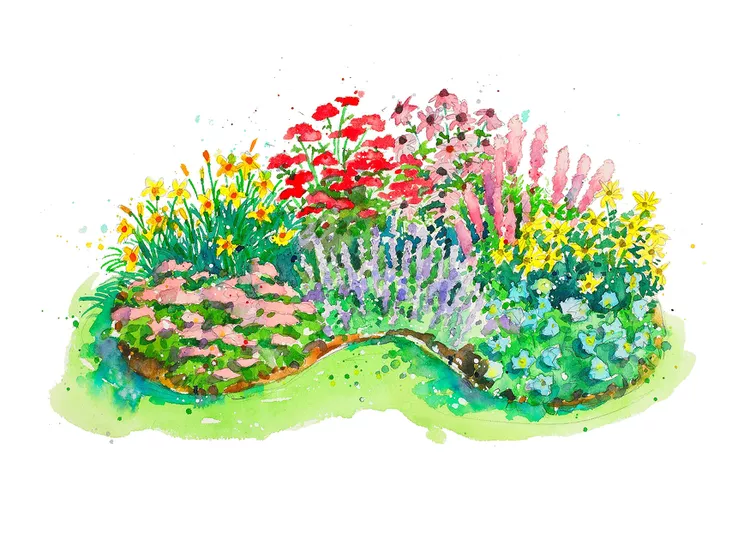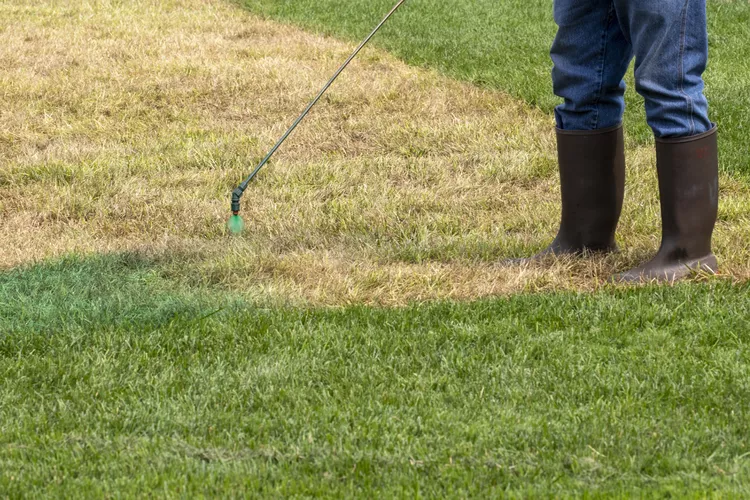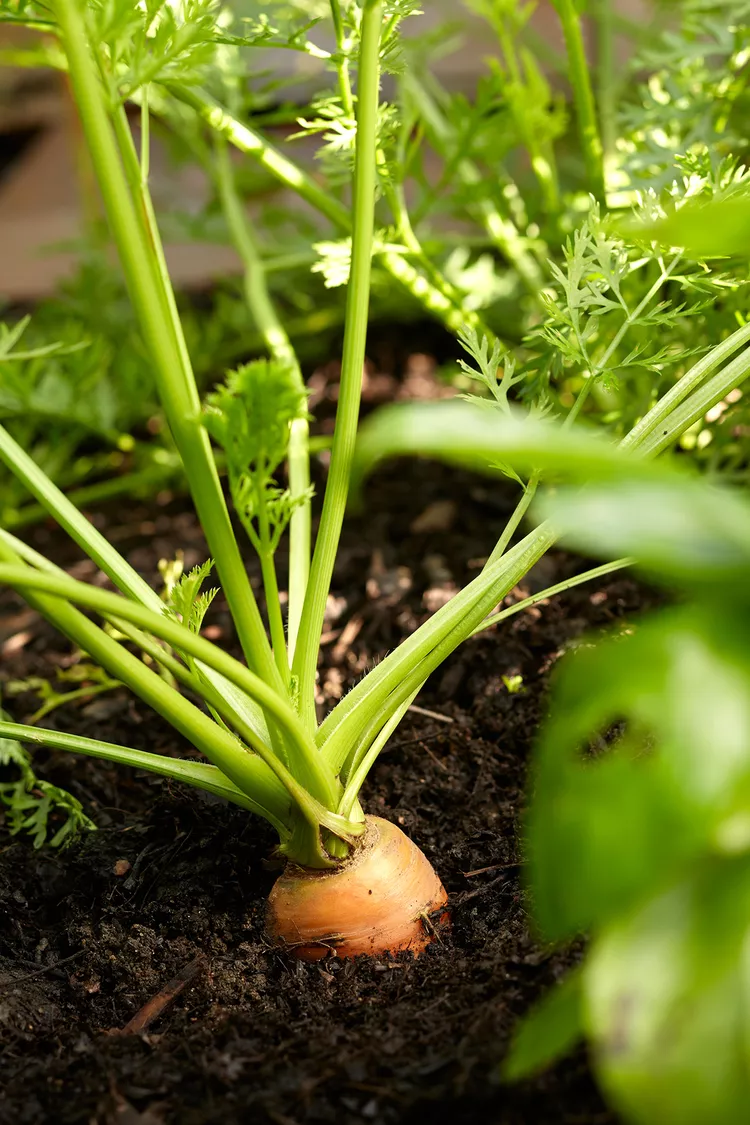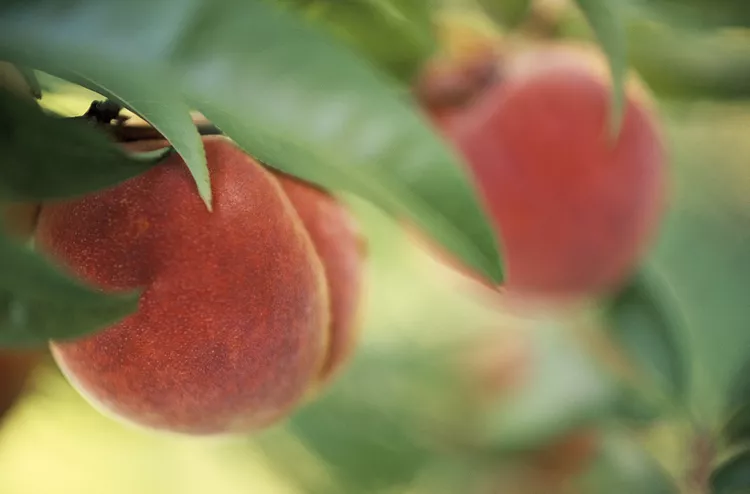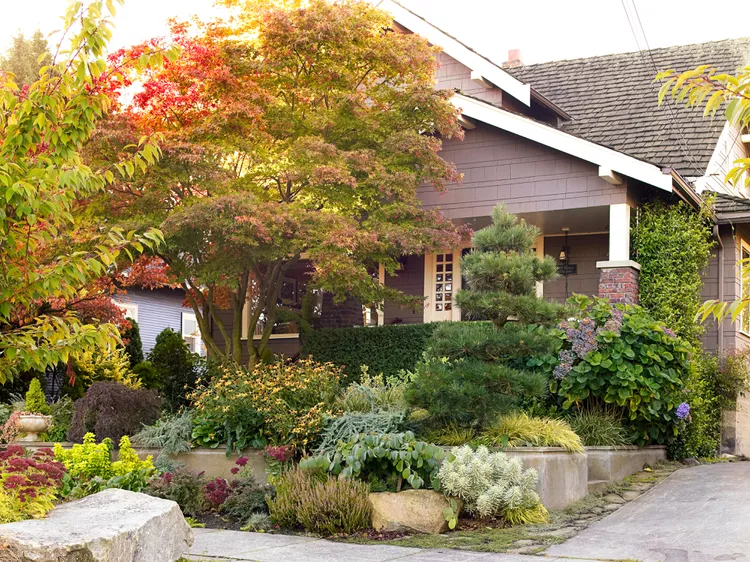No matter how soft-hearted you are, you probably don't want rabbits eating flowers or veggies in your garden, even if they're utterly adorable. Unfortunately, what works for one gardener in warding off fluffy invaders may be ineffective for another. For example, your neighbor may say the solution for how to stop rabbits from eating plants in your garden is to plant marigolds around the perimeter. But the bunnies might happily munch on your marigolds—and everything around them.
Although there are rabbit-resistant plants, you don't have to fill your garden only with plants that they'll ignore. Learn how to protect plants from rabbits and send your long-eared visitors (jackrabbits or cottontails) looking elsewhere for lunch.
Fencing
The best way for how to stop rabbits from eating plants in your garden is to install fencing. Putting up a fence takes some time and effort, but you'll have a permanent barrier once it's done. That means you won't have to run around spraying repellants after every rain shower.
Since rabbits don't jump very high, a 2-foot fence can keep them out. Wire fencing with 1 inch or smaller openings is best, such as chicken wire (available at The Home Depot) or rabbit wire (available at The Home Depot). Support the fencing with sturdy stakes, and anchor the bottom to the ground with landscape pins (available at Walmart) so rabbits can't wiggle their way underneath. More determined rabbits may try to dig under the fence, so it's a good idea to bury the lowest 2 to 3 inches of fencing underground.
Alternatively, if you have only a few plants that rabbits consistently nibble, encircle those with a chicken wire cage pinned securely to the ground. This can be especially important when plants are young or producing lots of new growth in spring. You can also try growing plants you know rabbits love, such as tender lettuces, in hanging baskets or tall containers to keep them out of reach.
Rabbit Repellents
Where a fence is not practical or possible, your next best bet is filling your garden with an offensive odor. Rabbits will turn up their twitchy noses at a garden repellant that contains rotten eggs or garlic. (Bonus: These scents also help repel deer and are safe to use around pets and children.) Wear waterproof gloves while spraying so you don't smell awful, too. You'll need to reapply the product after each rain, and if you use a repellent spray on your vegetables, be sure the one you choose is approved for edible plants.
Scare Tactics
Chasing after a rabbit with a rake didn't work well for Mr. McGregor in the story of Peter Rabbit, and it probably won't for you either. Scare tactics are temporary fixes at best because the rabbits soon realize that no actual harm comes to them. Motion sensor lights or water sprays, air horn sounds, flashing CDs hanging from branches, or sparkly streamers moving in the breeze may all help a little at first, but it won't be long before your resident bunnies just ignore them. The one exception: Dogs that enthusiastically chase away rabbits may scare them off for good. Otherwise, you're better off focusing your efforts on fencing and repellents.
